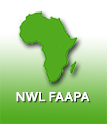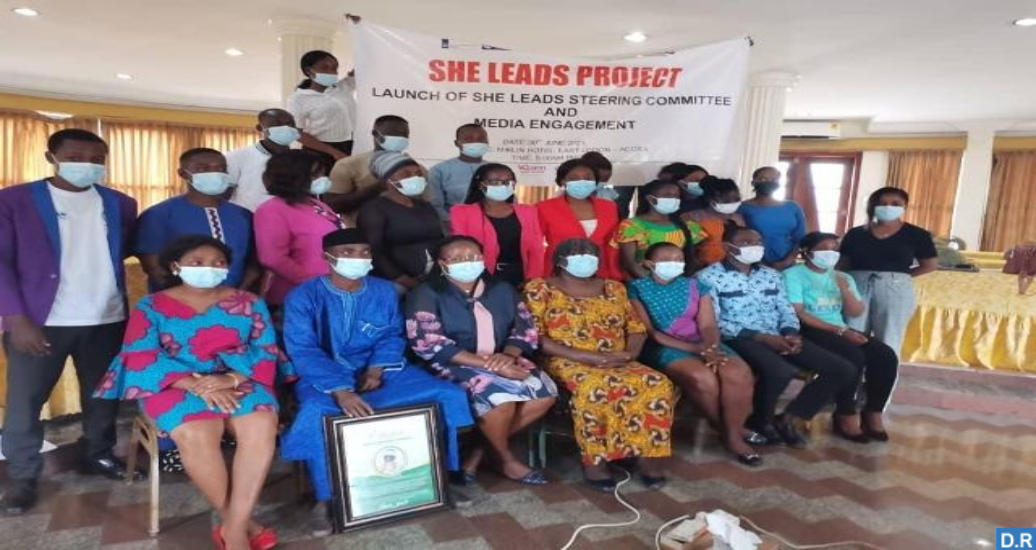By Philip Tengzu, GNA
Ghana-Wechiau, (UW/R), Mar.24, GNA – The Centre for Women in Agriculture and Nutrition (C-WAN), a Non-governmental Organisation (NGO), operating in the Upper West region of Ghana, has called for government and private sector intervention towards empowering women and Persons with Disability (PWDs) to live meaningful lives.
It said women, children, and the PWDs were the most vulnerable cohorts in society and were the worst affected in terms of the social, health, and economic injustices, especially at the rural levels in the wake of the COVID-19 pandemic.
Mr Emmanuel W. Wullingdool, the Executive Director of the Centre, said this when a team from the NGO paid a courtesy call on the Wa West District Chief Executive (DCE) and some staff of the district.
The visit was to seek the blessing and support of the District Assembly in the implementation of its “Building the Resilience of Communities in COVID-19 through Agriculture, Nutrition and Health (BRECANH)” project in the district.
He explained that though women played an unalienable role in the agricultural sector, they were disadvantaged in the areas of access to productive agricultural lands, agricultural information, and credit facilities among others as compared to their male counterparts.
Mr Wullingdool said the self-sponsored BRECANH project sought to support at least 1,000 women in 10 communities in the district through agriculture, health, menstrual hygiene, and nutrition.
“The project will support the women groups and individuals to access plowing services, credit facilities, and agricultural information. It will also support the formation of Village Savings and Loans groups and promote the spirit of savings among the women.
“The other component of the project is the provision of health education on Neglected Tropical Diseases and nutrition to the project beneficiaries”, the Executive Director said.
He expressed hope that they would get sponsorship from donor agencies to extend the project to more women in deprived communities in other districts.
Mr Wullingdool said the NGO would also engage policymakers towards the formulation of favourable policies in the areas of agriculture, nutrition, and health.
Madam Vida Diorotey, the Wa West DCE, assured the NGO of the assembly’s support in the project implementation as it would benefit the women in the district.
She explained that the women in the district were predominantly farmers and needed support to improve on their farming activities to earn a decent living.
She explained that transforming communities and human lives were not the preserve of one individual or entity hence the need for collective efforts in that regard.
“Whatever that will help the women in my district I will support it. More women are into agriculture than men in this district”, she said and commended the NGO for the intervention.


